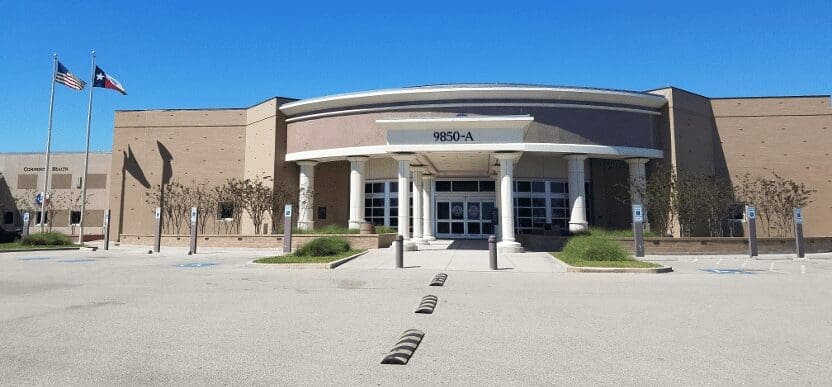Two of Galveston County’s top local officials have weighed in on the Texas Legislature’s attempt to reform the state property tax system. While both officials cited some concerns, unlike most other locally elected officials, they supported the efforts and want to see more done to protect their taxpayers.
“This bill does address most, if not every single one of the objections that were voiced over two years ago,” said Cheryl Johnson, Galveston County’s Tax-Assessor Collector. “More than anything, I support the most local control of all included in this bill. That’s the mandatory November elections where the voters will decide.”
“These elections have the highest voter participation and turnout.,” Johnson said. “Any official or government that lacks confidence in their voters shouldn’t have unfettered control over the taxpayers’ money.”
Johnson also addressed the notion that the proposed bills tie local officials’ hands. Local governments have complained that if Senate Bill 2 and House Bill 2 become law, the 2.5 percent limit on property tax rate increases without voter approval will hamstring them and leave them unable to fund their budgets. However, as Johnson notes, they still have the ability to raise fees as they see fit, which they just did in her town.
Her only opposition to the bill was that it doesn’t implement the 2.5 percent trigger this year. She noted that many local officials will take advantage of the time between the bill’s passage and when it takes effect to increase taxes as much as possible. This concern isn’t unfounded; when Texas’ municipal annexation reform law passed last session, many cities rushed to annex land before the law took effect.
Galveston County Judge Mark Henry, on the other hand, while supporting it said the bill doesn’t go far enough to help taxpayers.
Since he has been in office, the county has decreased the property tax rate every year, coming in well below the effective tax rate each time and the Commissioners Court took the official position of supporting the reform in their legislative agenda, but calling on the state to provide “real property tax relief.”
 “Without school finance and CAD restructuring being discussed, I don’t see how this will help the average taxpayer,” Henry told Texas Scorecard.
“Without school finance and CAD restructuring being discussed, I don’t see how this will help the average taxpayer,” Henry told Texas Scorecard.
Henry echoes concerns many taxpayers have had about the bill’s lack of relief. Some have complained that while property tax rates are an issue, much of the burden comes from appraisal districts increasing property values the maximum allowable amount, 10 percent, every year.
Despite Henry’s concerns, the remarks by both county officials are in stark contrast to other local officials, tax-funded lobbyists, and government employees who showed up to testify against the bill or submitted remarks in opposition. As evidenced by the testimony during the Senate hearing, Texans across the state are overwhelmingly in support of this reform and local officials concerned about the burden on the people they represent would be wise to join them.




